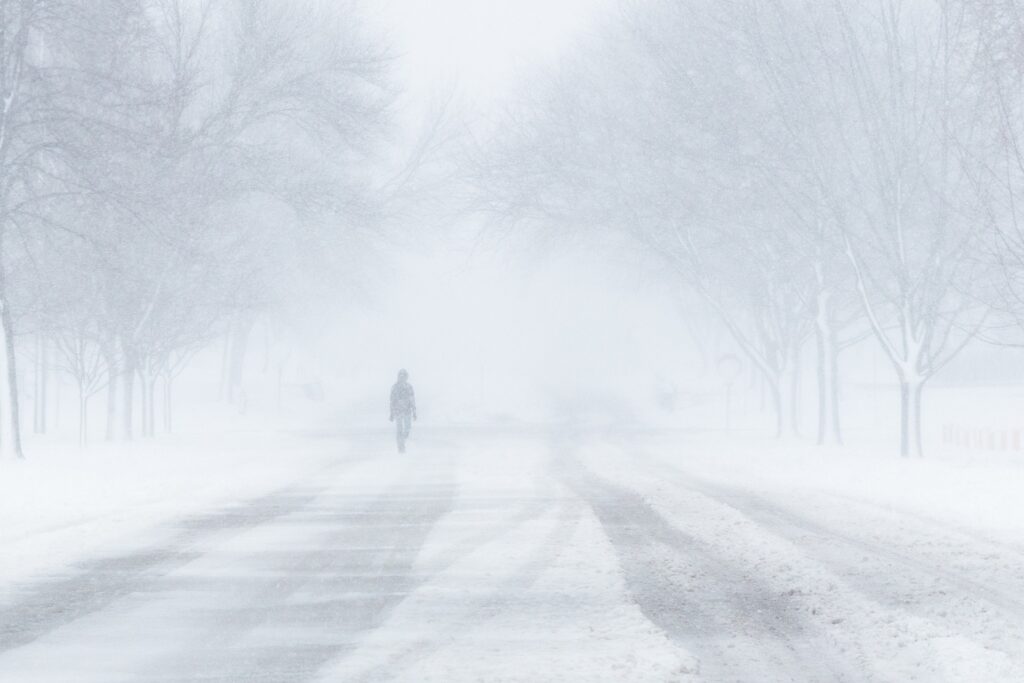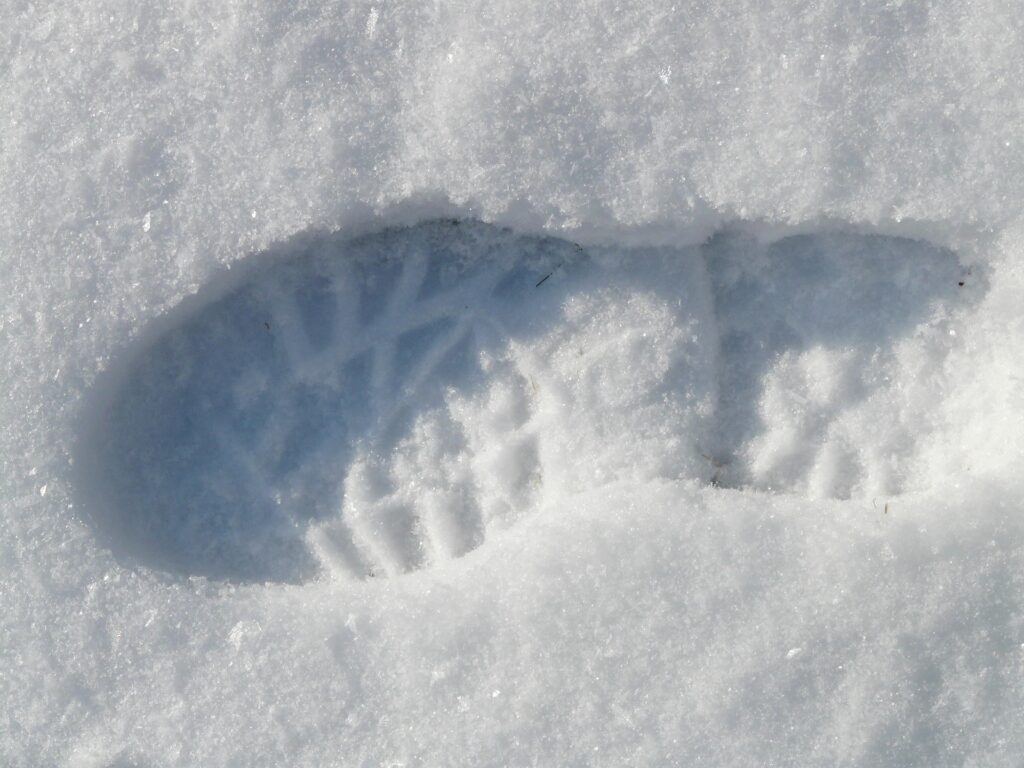Winter in Mason City brings its fair share of challenges, especially when it comes to your health. Freezing temperatures, icy conditions, and dry air can exacerbate existing medical conditions and pose new risks to your well-being. At Mason City Clinic, our specialists are here to help you navigate the unique health dangers that cold weather can bring.

Winter can be tough on your heart. Cold temperatures cause blood vessels to constrict, raising blood pressure and forcing your heart to work harder to maintain circulation. For individuals with heart conditions, such as hypertension or coronary artery disease, this added strain can increase the risk of heart attacks and other complications. Signs to watch for include:
* Chest pain or tightness
* Shortness of breath during physical activity
* Dizziness or fatigue
Prevention Tip: Dress warmly, avoid sudden exertion outdoors, and follow up with a cardiologist if you experience any symptoms.
Cold air is often dry, which can irritate airways and exacerbate asthma, allergies, and chronic sinus conditions. Additionally, flu season peaks during winter, increasing the likelihood of respiratory infections. Symptoms to monitor include:
* Wheezing or difficulty breathing
* Persistent sinus congestion
* Sore throat that doesn’t improve
Prevention Tip: Use a humidifier to keep indoor air moist, wear a scarf over your nose and mouth outside, and consult an ENT or allergy specialist for persistent issues.
Frigid temperatures can lead to stiff and achy joints, especially for individuals with arthritis or previous injuries. Additionally, icy sidewalks and roads increase the risk of slips and falls, leading to fractures, sprains, and other orthopedic injuries.
Prevention Tip: Stay active indoors to maintain joint mobility, wear shoes with good traction, and seek care from an orthopedic specialist for persistent pain or injuries.

Poor circulation can worsen in cold weather, particularly for individuals with vascular diseases like peripheral artery disease (PAD). Symptoms such as numbness, tingling, or cold extremities may indicate circulation issues requiring attention.
Prevention Tip: Keep extremities warm, avoid smoking (which constricts blood vessels), and consult a vascular specialist for advanced care.
Shorter daylight hours and the cold weather can contribute to seasonal affective disorder (SAD), a type of depression that affects many during the winter months. Common symptoms include:
* Persistent low energy
* Loss of interest in activities
* Changes in sleep patterns or appetite
Prevention Tip: Increase exposure to natural light, consider light therapy, stay physically active, and consult a psychiatrist if symptoms persist or worsen.
Shorter daylight hours and disrupted sleep patterns during winter can contribute to seasonal affective disorder (SAD) and insomnia. Additionally, colder air may worsen conditions like sleep apnea, as it increases nasal congestion and disrupts breathing.
Prevention Tip: Maintain a consistent sleep schedule, get exposure to natural light during the day, and consult a sleep specialist for issues like chronic insomnia or snoring.
Cold weather can decrease fluid intake, leading to dehydration—a common cause of kidney stones and urinary tract infections (UTIs). Symptoms to watch for include:
* Painful urination
* Back or abdominal pain
* Blood in the urine
Prevention Tip: Stay hydrated, avoid excessive caffeine, and seek a urologist’s advice for recurring urinary concerns.
Holiday indulgence and cold weather inactivity can worsen digestive conditions like acid reflux, irritable bowel syndrome (IBS), or gallbladder issues. Symptoms such as persistent heartburn, abdominal pain, or bloating may signal a need for specialist care.
Prevention Tip: Practice portion control, stay active indoors, and consult a gastroenterologist for chronic digestive concerns.

Cold weather may trigger migraines, worsen neuropathy, or exacerbate neurological conditions such as multiple sclerosis (MS). Pay attention to symptoms like:
* Severe headaches
* Numbness or tingling in extremities
* Difficulty with balance or coordination
Prevention Tip: Stay warm, avoid known migraine triggers, and consult a neurologist for unexplained or worsening symptoms.
Winter’s health challenges don’t have to disrupt your life. Mason City Clinic’s team of specialists is here to provide expert care, tailored to your unique needs. From managing chronic conditions to addressing new symptoms, we ensure that your health remains a top priority—even when the weather isn’t on your side.
Don’t wait until small issues become big problems. Contact Mason City Clinic today and take the first step toward staying healthy this winter.
Up-to-date. Down-to-earth. Close to home. Lots of great reasons to make Mason City Clinic
your first choice for all your family’s specialty healthcare needs.
250 S. Crescent Drive, Mason City, IA 50401
Tel: 641.494.5200
Toll Free: 800-622-1411
Fax: 641.494.5403